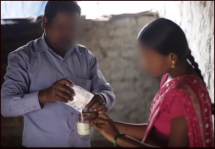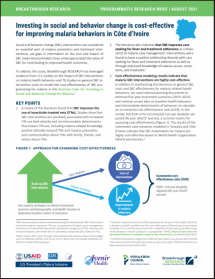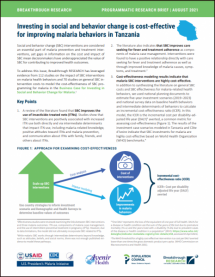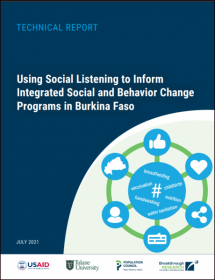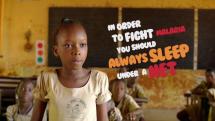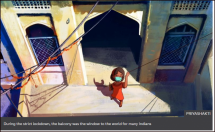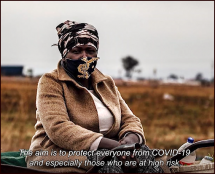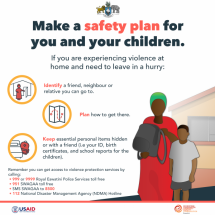Project m-Maitri: Interactive Voice Response (IVR) for Parent-to-Child Transmission
In 2016, Solidarity and Action Against the HIV Infection in India began a partnership with Janssen Global Public Health, an initiative of the Janssen Pharmaceutical Companies of Johnson & Johnson. The initiative, named m-Maitri, aimed to complement on-the-ground efforts at ensuring retention in the prevention of parent-to-child transmission cascade with interactive voice response (IVR) to consenting pregnant women and mother-baby pairs until the babies reach 18 months of age.
Messages commence in the antenatal period and until 18 months post-delivery. The service delivers customized messaging relevant to the woman’s stage of pregnancy and her infant’s development, and covers issues such as nutrition for mother and child, immunization, infections such as HIV, TB and malaria, anti-retroviral prophylaxis and treatment, safe delivery, early infant diagnosis and retention in care, and many other health behaviors. SAATHII’s technology partner in this initiative is Mahiti, and IVRS partner is IMIMobile.
A case study reveals more details about the program.
Source: SAATHI
Date of Publication: November 5, 2021
SIMILIAR RESOURCES
Tools
Examples
- Interactive Voice Response and Radio for Peacebuilding: A Macro View of the Literature and Experiences from the Field
- Creating Mobile Health Solutions for Behaviour Change: A Study of Eight Services in the mNutrition Initiative Portfolio
- Why is IVR Important?
- mHealth Mobile Messaging Toolkit: Considerations When Selecting a Mobile Messaging Platform Vendor
- Reduction of HIV-related Stigma and Discrimination
- HIV-Related Stigma and Discrimination Toolkit
- Guidance for the Prevention of Sexually Transmitted HIV Infections
- Treatment 2015
- People Living with HIV Stigma Index
- Toolkit for Transition of Care and Other Services for Adolescents Living with HIV
- Rhythm of Life Music and Health Festival - Zambia
- Use of an Interactive Voice Response System to Deliver Refresher Training in Senegal: Findings from Pilot Implementation and Assessment
- Messages for Interactive Voice Response, Nigeria
- Malaria Interactive Voice Response Curriculum and User Guide - Nigeria
- COVID-19 Interactive Voice Response Audio and Scripts

